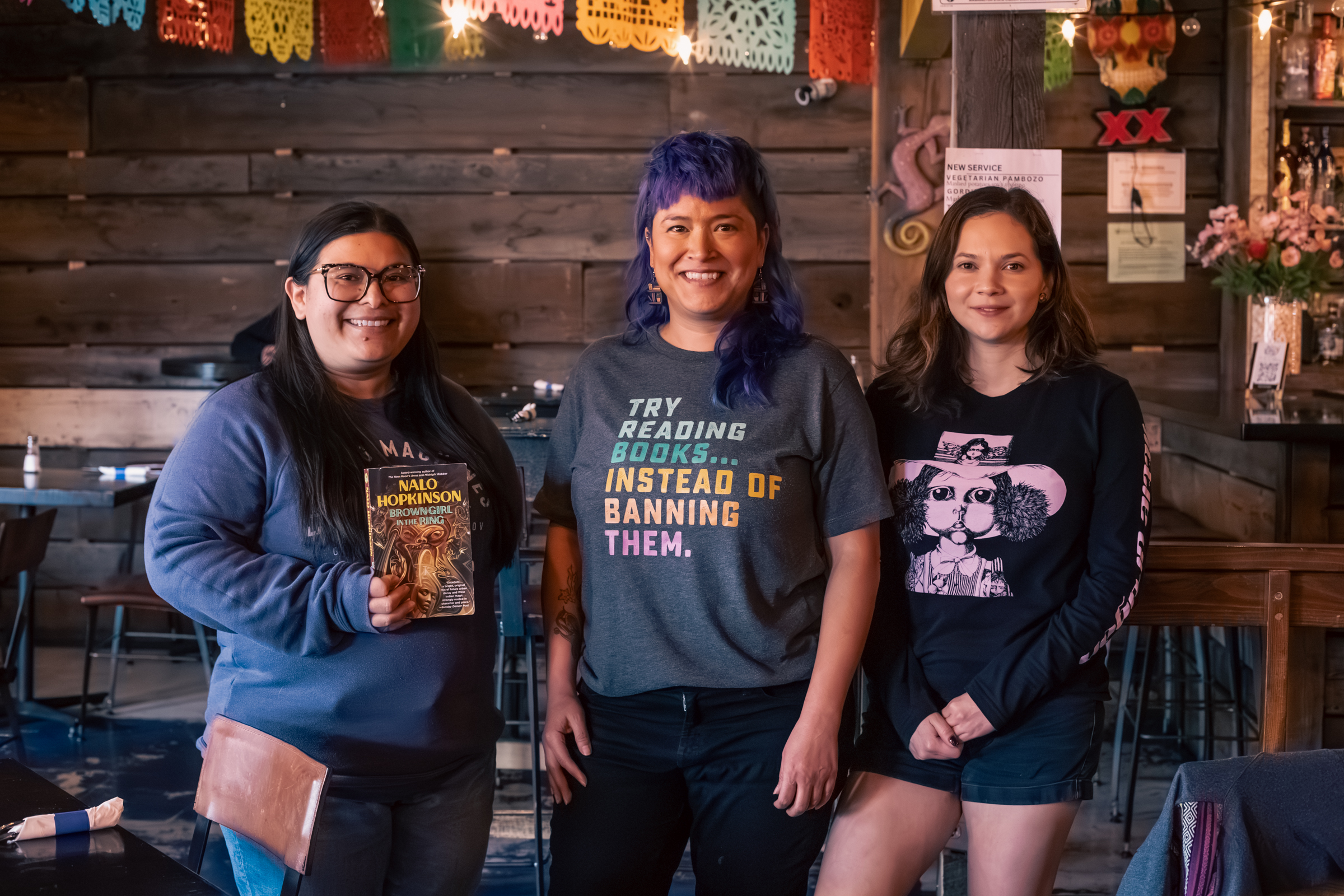Washington state has witnessed a significant increase in its Latino population over the past few decades. As this community continues to grow, so does its economic impact on the state. Latinos are not only contributing to the cultural diversity of Washington but also playing a crucial role in driving its economic growth.
The Latino community plays a significant role in Washington State’s economy. As per the data from the Latino Community Fund of Washington State, Latinos contribute $7.1 billion to the state’s economy through spending and tax contributions.
One of the most prominent contributions of the Latino community in Washington is their impact on the labor force. Latinos have become an integral part of various industries, including agriculture, manufacturing, construction, and services. Their hard work, skills, and dedication have proven to be a driving force behind the state’s economic growth and development.
In the agriculture sector, Washington relies heavily on Latino workers. From apple orchards to vineyards, Latino farmworkers play a crucial role in harvesting crops that contribute to the state’s multibillion-dollar agricultural industry. Their contributions ensure that Washington remains one of the top agricultural producers in the nation.
“In agriculture, we have to recognize the essential role that the Hispanic and Latine community, farmers, and agricultural workers represent,” said Kate Smith, WSU Skagit County Extension lead coordinator for WSU’s Cultivating Success program. Washington State University Extension educators are increasing access for Spanish speakers by offering full translation in the course which teaches aspiring agricultural producers how to start a farm business.

Photo by Julia Filirovska
Moreover, the manufacturing industry also benefits from the Latino workforce. Many Latinos work in factories, producing goods that range from aerospace equipment to electronics and medical devices. Their participation in this sector strengthens Washington’s position as a hub for innovation and manufacturing excellence.
The construction industry, too, heavily relies on Latino workers. As infrastructure development and urbanization continue to shape Washington’s landscape, Latino construction workers contribute to building homes, offices, and infrastructure projects across the state. Their expertise and labor help meet the growing demand for construction services and fuel the state’s economic expansion.

Photo by Rodolfo Quirós
In addition to their contributions as workers, Latino entrepreneurs have also made a significant impact on Washington’s economy. Many Latinos have established small businesses, including restaurants, retail stores, and professional services, contributing to the state’s vibrant entrepreneurial ecosystem. These businesses not only generate employment opportunities for others but also add to the overall economic prosperity of Washington.
Latino-owned businesses are a growing sector in Washington State’s economy. According to the U.S. Hispanic Chamber of Commerce, there are over 82,000 Hispanic-owned businesses in Washington. Despite facing barriers such as language and access to capital, these businesses contribute significantly to the state’s economy and provide employment opportunities.

Photo: De Leon Foods, 102 E Francis Ave, Spokane
De Leon Foods in Spokane is testament to overcoming adversity. The Hispanic grocery store was established in 2004 by Sergio de Leon and his wife, Mayra. De
Sergio is from Tampico, México and moved to the U.S when he was seven years old. He traveled with his family through different states in order to work in the fields, picking crops. Mayra grew up in Zacatecas, Mexico, where she helped her family in the fields and working in stores.
“Many people are afraid to do something, but in reality, if you never try, how will you know if you are going to achieve it?”, said Sergio in an interview with Abasto Magazine.
The purchasing power of the Latino community has played a vital role in driving consumer spending in the state. As their population and income levels increase, Latinos are becoming an important consumer demographic, influencing market trends and shaping various industries. This has led to the growth of Hispanic-focused businesses and the inclusion of Latino culture in mainstream markets, benefiting both Latino entrepreneurs and the state
However, despite their contributions, many Latinos in Washington State face economic disparities. Latinos have a higher poverty rate compared to the overall population and are more likely to be uninsured. They also face a significant wage gap, earning 70 cents for every dollar earned by their white counterparts.
Efforts are being made to address these disparities and promote economic growth in the Latino community. Organizations such as the Latino Community Fund and the Hispanic Metropolitan Chamber are working to provide resources and support to Latino-owned businesses and workers.
“I can tell you first-hand that adding a delivery tax is the wrong way to solve the city’s budget challenges, especially given the growth in Hispanic-owned businesses, many of whom rely on deliveries to grow and sustain their customer base,” wrote Marcos Wanless, founder and president of the Seattle Latino Metropolitan Chamber of Commerce. In the Washington Alliance opinion article, Wanless argues against a new flat tax on all deliveries. “Adding a delivery tax to the customer’s bill increases the cost of services and could give people pause before ordering a meal or buying online. I’ve heard amazing stories of creativity, resilience and, perhaps most importantly, enthusiasm from our member businesses, people who worked to keep their doors open through the worst of COVID and remain in business today. Many of these businesses are growing…”
The Latino economy in Washington State is a vital part of the overall economy, contributing billions of dollars and providing a significant workforce. However, there is still work to be done to address economic disparities and promote further growth and prosperity in the Latino community.
Cover Photo by Zen Chung




